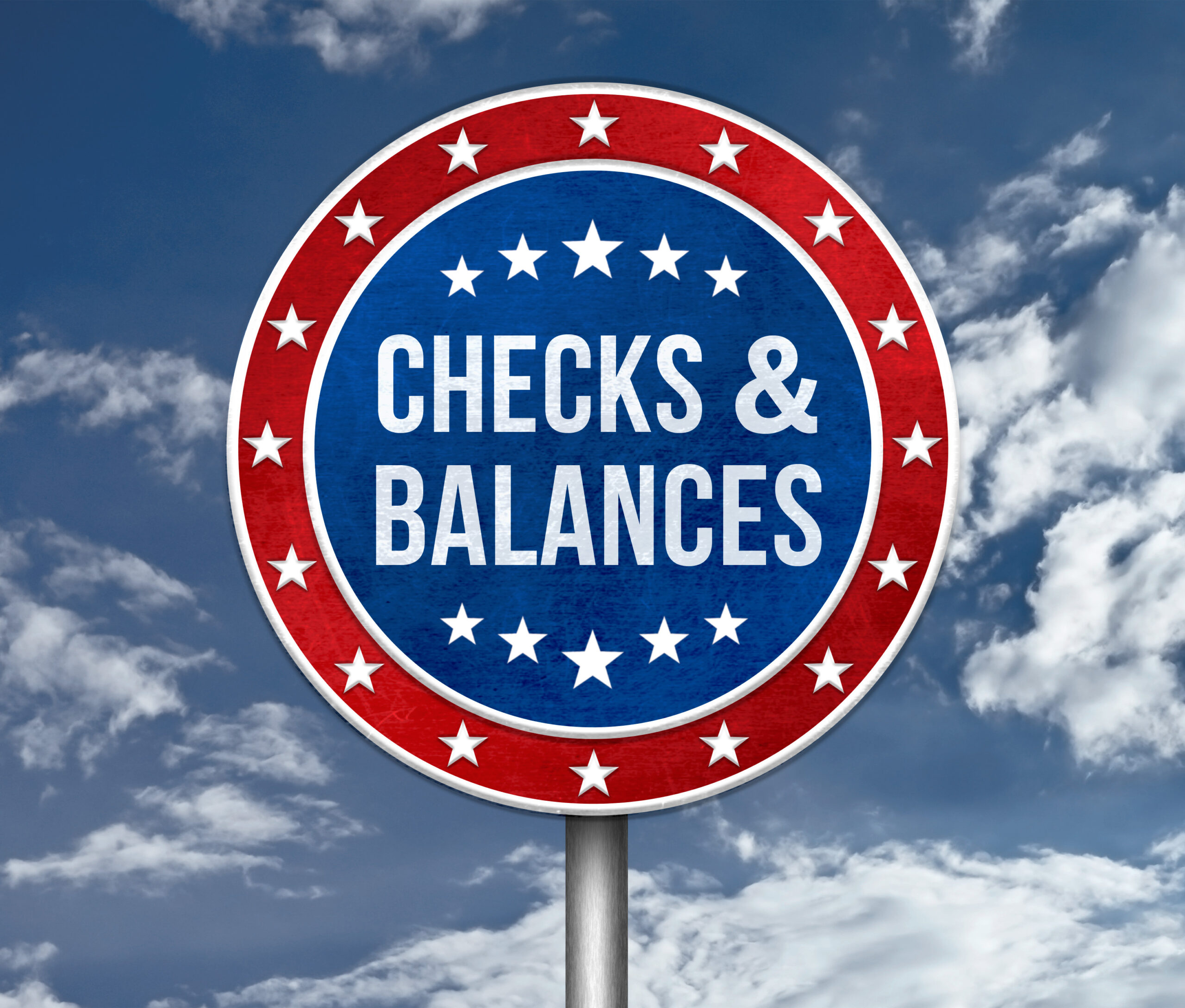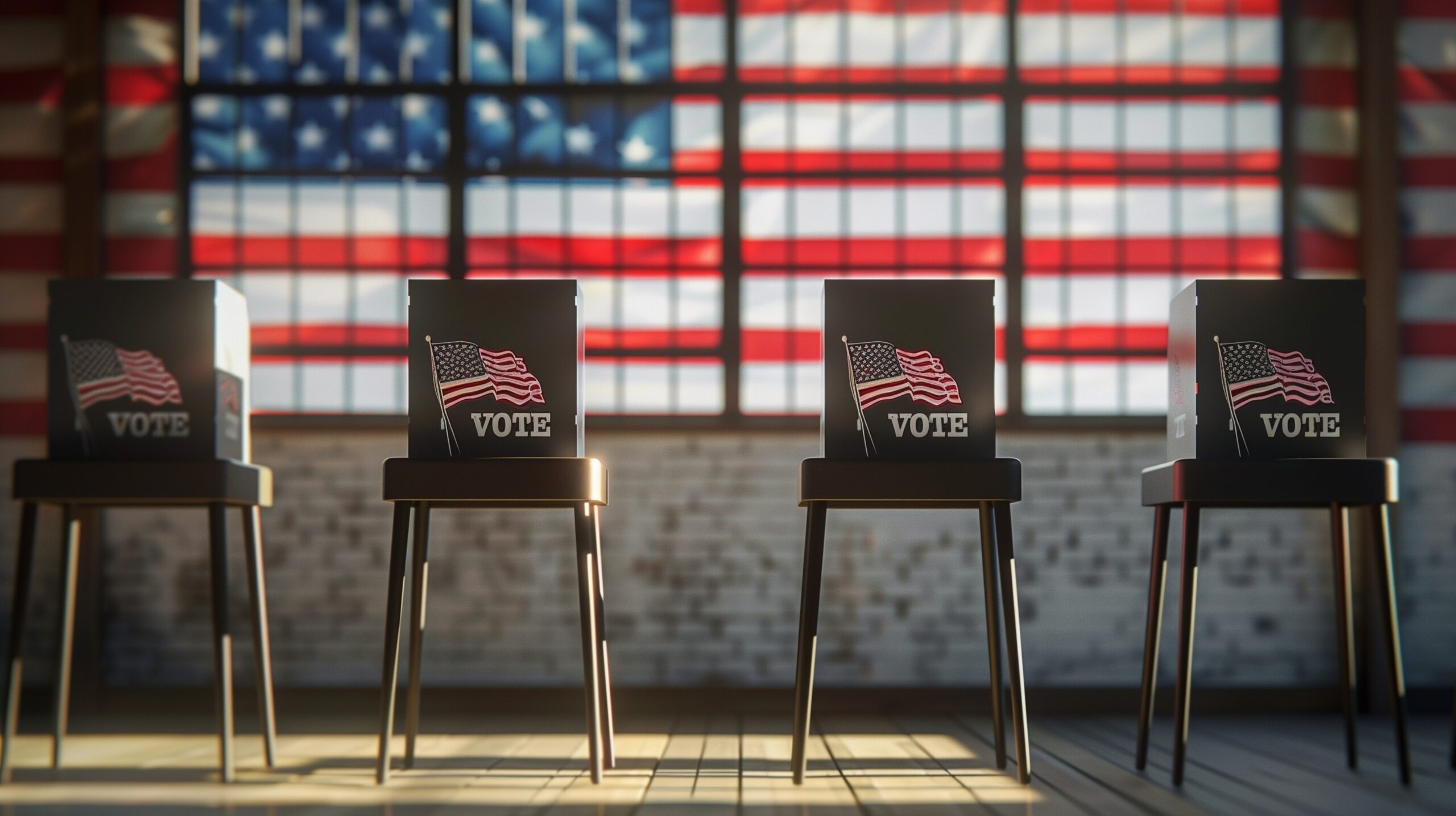
The latest Question of the Month* asked NJC alumni if they believe state courts should be able to rule on the legality of state laws that affect federal elections. That includes judging whether redistricting maps violate the law.
At issue is the so-called independent state legislature theory, which argues that the Constitution grants state legislatures the sole power to set rules for federal elections and state courts have no authority to interfere.
The Conference of Chief Justices, consisting of the highest judicial officer of each state and U.S. territory, has filed an amicus brief urging the Supreme Court of the United States to reject the theory, which is at the heart of a case from North Carolina, Moore v. Harper.
In 2019 the Supreme Court ruled that federal courts cannot hear cases alleging partisan gerrymandering. So in North Carolina, a group of voters sued in state court when the party in control of the state legislature devised a new redistricting map following the census. According to testimony by electoral researchers and by mathematicians who ran trillions of map simulations, the map effectively allotted the party control of at least 10 of the 14 House seats the state will have in the next Congress, even though voters statewide are roughly equally divided between the two parties.
The plaintiffs argued that the map violated the state constitution’s “free elections clause,” among other provisions. A 4-3 majority on the North Carolina Supreme Court agreed, writing that the map was intentionally designed to give a greater voice to some voters (those supporting the party that created the map) than to others.
If the U.S. Supreme Court endorses the independent state legislature theory, state courts like those in North Carolina would no longer have the right to review state laws or maps involved in federal elections. The high court is expected to rule on the question by this summer.
It appears that a majority of NJC alumni think the court should reject the theory.
Of the 370 judges who responded to February’s emailed poll (light participation compared with past polls), 64 percent said yes, state courts should have the power to review state laws and maps that affect federal elections; 36 percent said they should not.
“If state courts are unable to review allegations that the state’s election did not conform to the requirements of that state’s laws or constitution, then who will?” asked one anonymous judge. “If the answer is ‘nobody,’ then we concede that any official at any time may conduct an illegal, unconstitutional election without review or consequence.”
Other judges argued that state courts are a separate and equal branch of state government and are supposed to be a check against abuses by the other branches.
“There is always a tension between the three branches of government. That is by design,” wrote another anonymous judge. “Sadly, there are a growing number of legislators who (would) like nothing [more] than to strip the courts of any authority and make us mere puppets. If the Supreme Court embraces this theory, their authority will be at risk as well.”
One of the poll participants who left their names was Roger S. Burdick, retired chief justice of the Idaho Supreme Court. He supported keeping the state courts’ review authority.
There were fewer comments left by the “no” voters. Several argued that if a redistricting plan raises federal constitutional issues, it should be a matter for the federal courts.
“Federal courts should retain final scrutiny over state laws impacting voting in federal elections. Full stop,” declared one anonymous judge.
Another wrote, “Too many state courts have the same political motivations as the legislatures who created constitutionally defective laws/districts. Federal elections should be reviewed by federal courts.”
* Each month the College emails an informal, non-scientific, one-question survey to its more than 12,000 judicial alumni in the United States and abroad. The results, summarized in the NJC’s Judicial Edge Today, are not intended to be characterized as conclusive research findings

Hon. Diane J. Humetewa, the first Native American woman and the first enrolled tribal member to serve as a ...

Retired Massachusetts Chief Justice Margaret H. Marshall has been selected as the 2024 winner of the presti...

Dear Gaveliers Fans: I am delighted to announce the appointment of our first Gaveliers coaches, profiled...

Fans, I could not be more proud of the work our players put in over the summer. The difference between h...

As the 2024 Election moves in to its final weeks, just over half of trial judges who responded to a survey ...